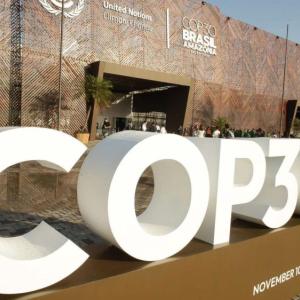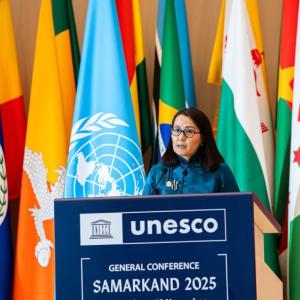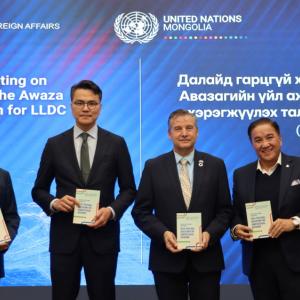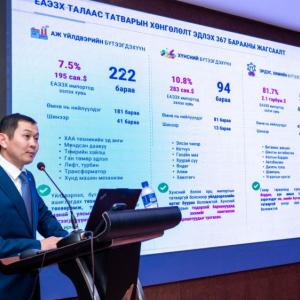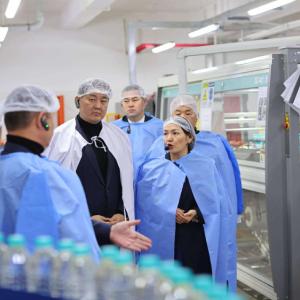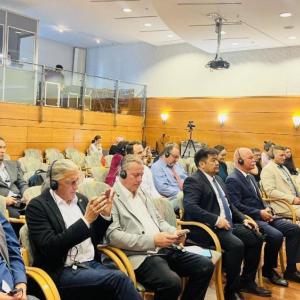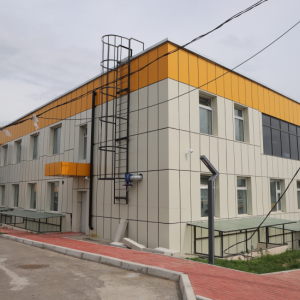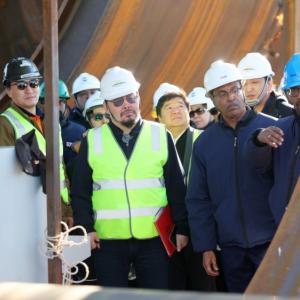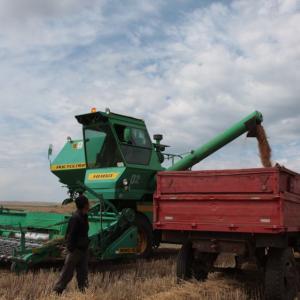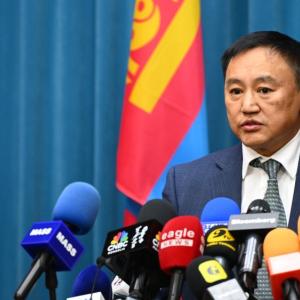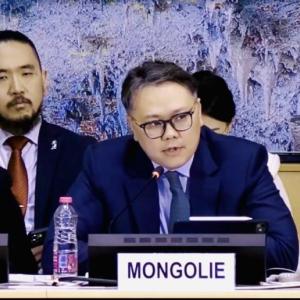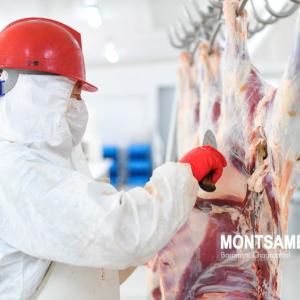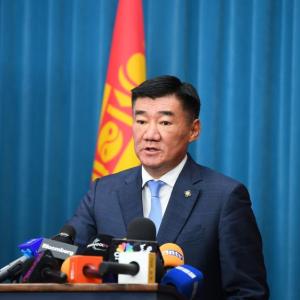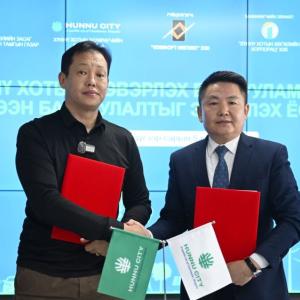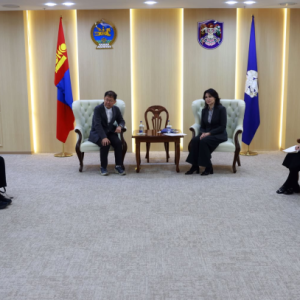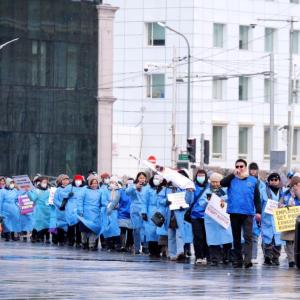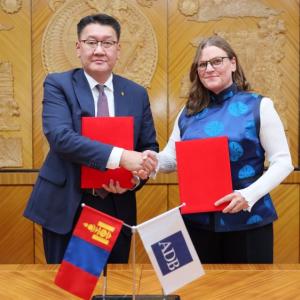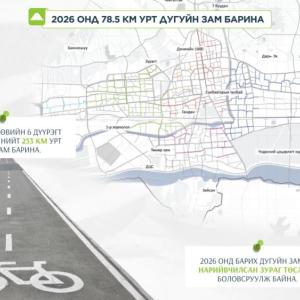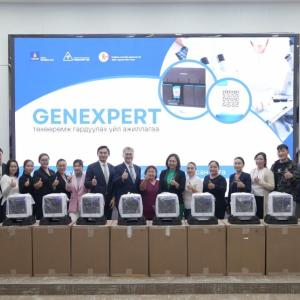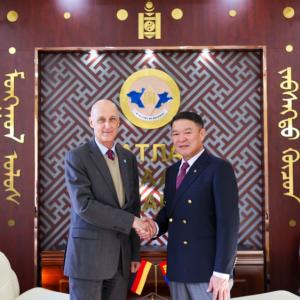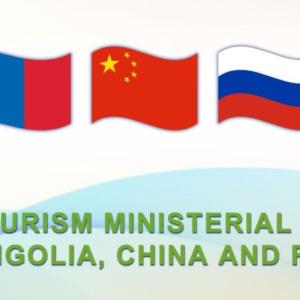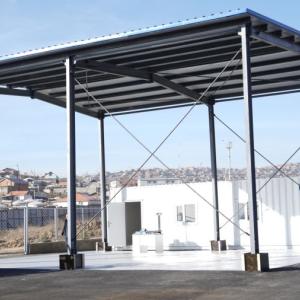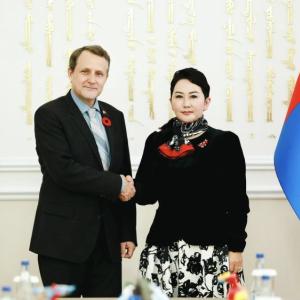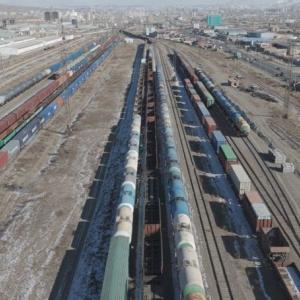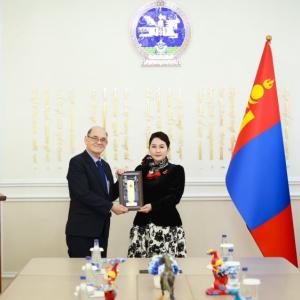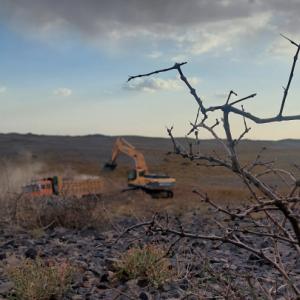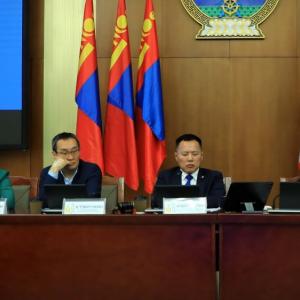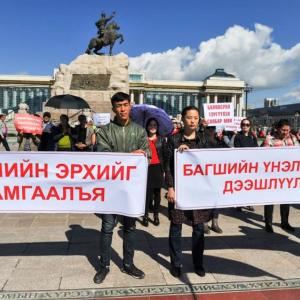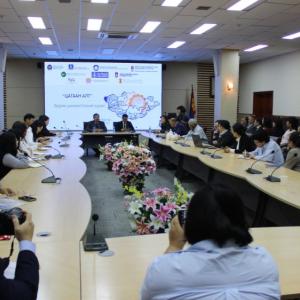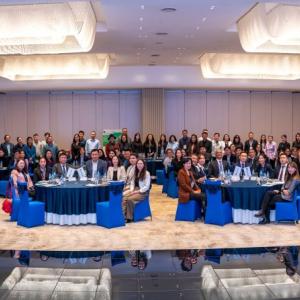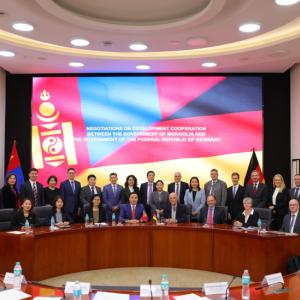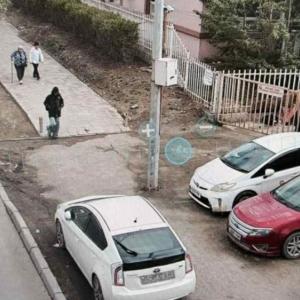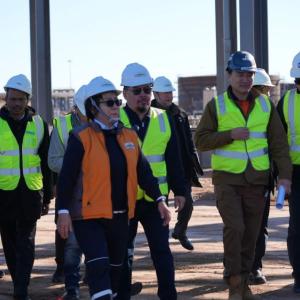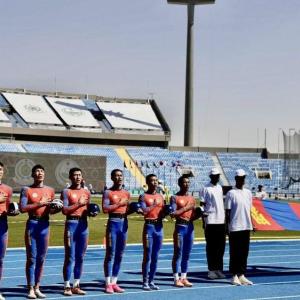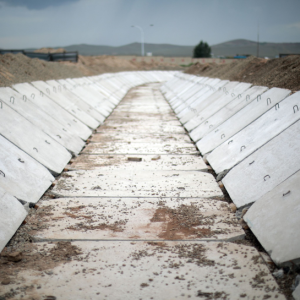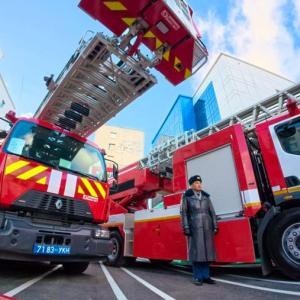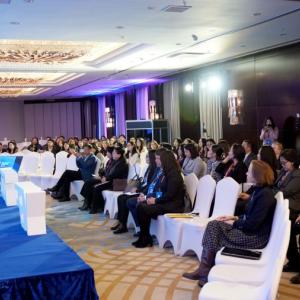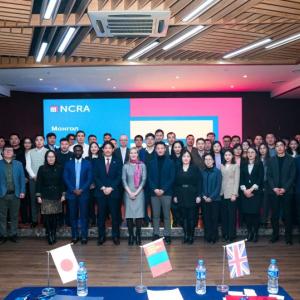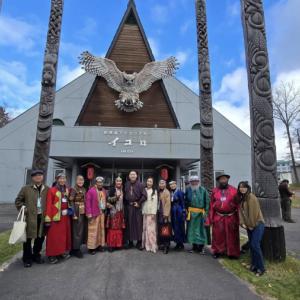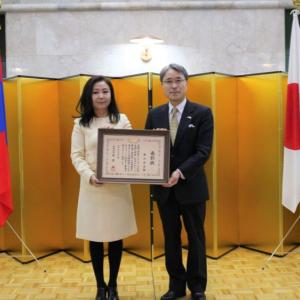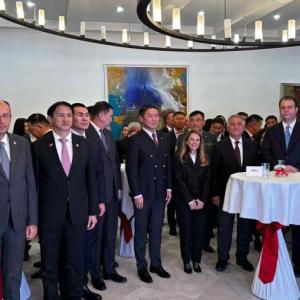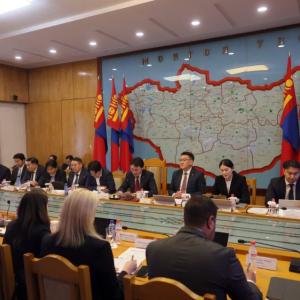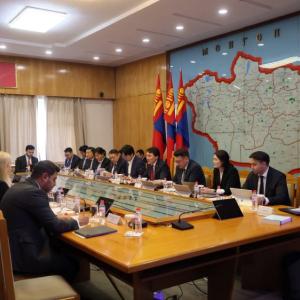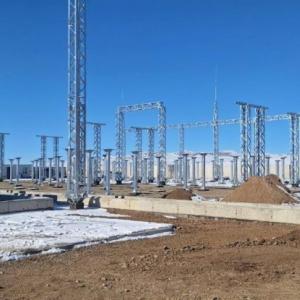ADB partnership with Mongolia to focus on recovery from COVID-19 for inclusive and sustainable growth
Economy
Ulaanbaatar/MONTSAME/. On September 6, the Asian Development
Bank (ADB) has launched a new country partnership strategy (CPS) for Mongolia
covering 2021–2024 to help the country recover from the coronavirus disease
(COVID-19) pandemic and lay resilient foundations for inclusive and sustainable
growth.
ADB’s operations in Mongolia over the 4 years will focus on three strategic priorities: inclusive social development and economic opportunity; climate-resilient infrastructure; and sustainable, green, and climate-conscious development.
“ADB will build on the strong foundations of past engagement as a leading development partner, while innovating to boost the climate change response, strengthen the business environment, and ensure that the COVID-19 recovery drives lasting reforms in areas such as health and social protection,” said ADB Country Director in Mongolia Pavit Ramachandran. “It will retain flexibility to continue to respond to COVID-19 and be ready for emerging priorities.”
Under the first strategic priority, ADB will support Mongolia in helping those affected by the COVID-19 crisis to recover and to fulfill their potential by giving them better access to finance, jobs, health, and skills. ADB will drive innovation by linking COVID-19 response efforts with medium-term reforms in health and social protection to enable Mongolia to build forward better.
On the second strategic priority, ADB will make significant investments in transport and connectivity to help increase competitiveness in Mongolia. This will reduce congestion in Ulaanbaatar as well as create sustainable development opportunities in rural areas. ADB will drive innovation by embedding maintenance in these investments, adopting climate-resilient designs, leveraging cofinancing to promote greener solutions, and enhancing opportunities for private infrastructure financing.
ADB will also strengthen resilience, including macroeconomic resilience, and ensure the sustainable use of resources and green development. It will work closely with the government to meet Mongolia’s nationally determined contributions on climate change and secure a greener future for Mongolia, in particular through a gradual shift away from coal, adoption of better livestock practices, and a transition away from the intensive resource use that characterized much of Mongolia’s development.
Under the new CPS, ADB will reduce the number of projects but not its overall commitments. A more selective approach will maintain lending levels but reduce the overall number of sovereign operations in favor of larger and more programmatic operations capable of delivering sustained impact.
First, it will drive the COVID-19 response in the near term to ensure that the government can achieve a sustainable recovery and that the most vulnerable can participate in the recovery. Second, ADB will coordinate closely with development partners to choose its focus within sectors. Third, ADB will group its interventions geographically, with an initial focus on western Mongolia, to ensure maximum development impact by aligning rural and urban operations. Fourth, ADB will prioritize project readiness. Finally, ADB will prioritize projects with strong potential for private sector participation to strengthen the role of the private sector in Mongolia’s development trajectory.
The CPS is aligned with Mongolia’s Vision–2050 and the Government Action Plan, 2020–2024, which aim to ensure the COVID-19 recovery by boosting economic revitalization, job creation, and more inclusive and sustainable development.
ADB is committed to achieving a prosperous, inclusive, resilient, and sustainable Asia and the Pacific, while sustaining its efforts to eradicate extreme poverty. Established in 1966, it is owned by 68 members—49 from the region.
Source: ADB Mongolia
 Ulaanbaatar
Ulaanbaatar






